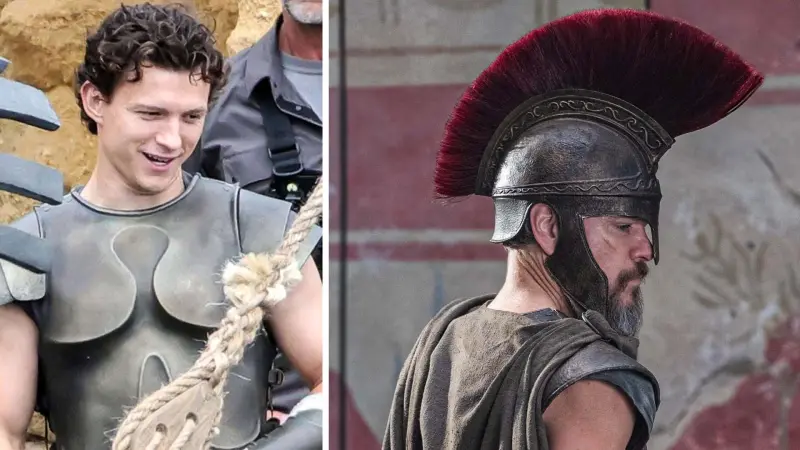Abstract The Epic of Gilgamesh is one of the oldest known literary works, dating back to ancient Mesopotamian civilization. As a foundational mythological text, it provides invaluable insights into the religious beliefs, cultural values, and existential concerns of the Sumerians and Akkadians. This article explores the mythology embedded within the Epic of Gilgamesh, analyzing its divine characters, supernatural themes, and its enduring influence on later mythological traditions.
Introduction The Epic of Gilgamesh is an epic poem from ancient Mesopotamia, first recorded in the Akkadian language on clay tablets around the 18th century BCE. It follows the adventures of Gilgamesh, the historical King of Uruk, and his quest for immortality. The epic is rich with mythological elements, including divine intervention, creation myths, and themes of mortality and divine retribution. Understanding its mythology is crucial for comprehending the spiritual and philosophical landscape of early Mesopotamian civilization.
Divine Figures and Supernatural Entities The pantheon of gods in the Epic of Gilgamesh reflects the polytheistic belief system of Mesopotamia. Several deities and supernatural beings play critical roles in the narrative:
Anu – The supreme sky god and father of the gods, representing cosmic order.
Enlil – The god of wind and storm, who grants kingship and decrees fate.
Shamash – The sun god and divine judge, who aids Gilgamesh in his journey.
Ishtar – The goddess of love and war, whose rejected advances lead to dire consequences.
Ea (Enki) – The god of wisdom and creation, who warns Utnapishtim of the coming flood.
Humbaba – The monstrous guardian of the Cedar Forest, slain by Gilgamesh and Enkidu.
Utnapishtim – A Noah-like figure who survives the great flood and is granted immortality by the gods.
These divine and supernatural figures shape the narrative by offering assistance, imposing challenges, or embodying key mythological themes such as divine justice and mortality.
Themes of Mythology in the Epic The Epic of Gilgamesh contains several mythological themes that resonate across cultures and epochs:
Creation and Civilization: The epic portrays the transformation of Gilgamesh from a tyrannical ruler to a wise king, mirroring the Mesopotamian belief in civilization as a divine gift.
The Hero’s Journey: Gilgamesh’s quest for eternal life follows the classic hero’s journey motif, seen in later mythologies such as Greek and Hindu epics.
The Great Flood: The flood narrative told by Utnapishtim closely parallels later biblical and Near Eastern flood myths, indicating shared cultural memory.
The Struggle with Mortality: The epic ultimately conveys the inevitability of death, reflecting Mesopotamian existential concerns and the role of the gods in determining human fate.
Divine Punishment and Retribution: Gilgamesh and Enkidu’s defiance of the gods leads to Enkidu’s death, reinforcing the theme of divine authority and consequence.
Influence on Later Mythologies The themes and motifs in the Epic of Gilgamesh influenced numerous later traditions, including biblical, Greek, and Persian mythologies. The flood story bears striking similarities to the Noahic flood in the Book of Genesis, while Gilgamesh’s quest for immortality parallels the Greek myths of heroes like Achilles and Odysseus.
Conclusion The Epic of Gilgamesh is a cornerstone of ancient mythology, interweaving divine figures, supernatural elements, and existential themes into a narrative that has endured for millennia. Its influence on later mythologies underscores its significance as a foundational text in the study of human belief systems. By analyzing its mythology, we gain deeper insights into the worldview of ancient Mesopotamia and its lasting impact on subsequent civilizations.
References
Dalley, S. (2008). Myths from Mesopotamia: Creation, the Flood, Gilgamesh, and Others. Oxford University Press.
George, A. (2003). The Epic of Gilgamesh: The Babylonian Epic Poem and Other Texts in Akkadian and Sumerian. Penguin Classics.
Jacobsen, T. (1976). The Treasures of Darkness: A History of Mesopotamian Religion. Yale University Press.
Kovacs, M. (1989). The Epic of Gilgamesh. Stanford University Press.







